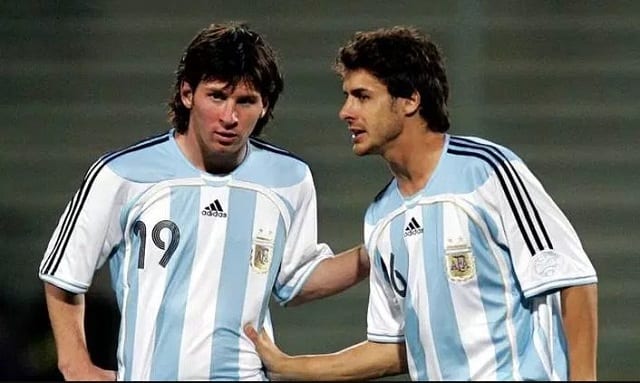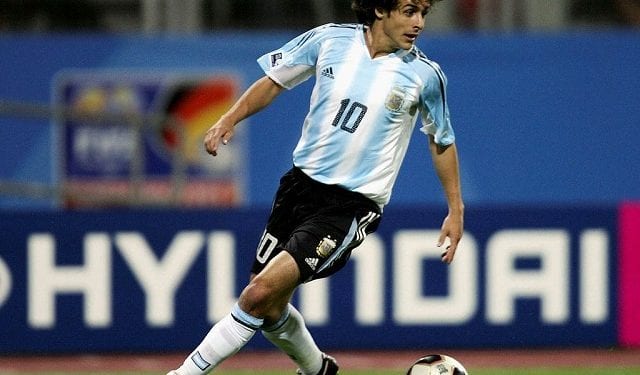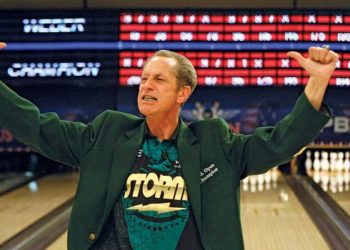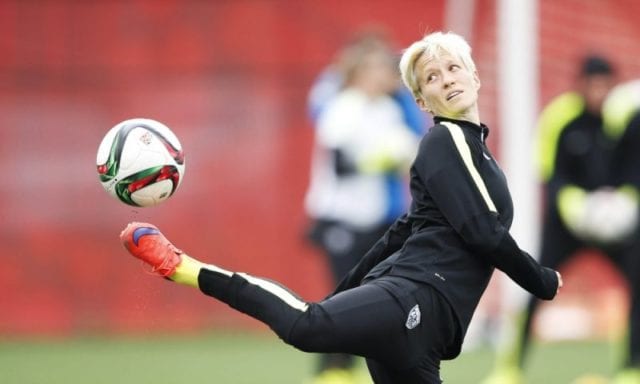Pablo Aimar is a world-celebrated former Argentine Professional football playmaker and the incumbent head coach of the Argentina National Under-17 Football team. He has engraved his name on the sands of time as an achiever in the soccer world and fans have often asked how he began his career.
We have gathered some facts about him for your reading pleasure. See more about him below:
Pablo Aimar Biography, Family
Pablo was born on the 3rd day of November 1979. The ex-footballer was born in Rio Cuarto, Argentina where he also grew up. His full birth name has been revealed to be Pablo César Aimar Giordano.
Pablo was raised alongside his younger brother, Andrés who is also a professional footballer. The brothers developed a love for football since they were kids and pursued a career in the game during their teenage years and adulthood.
Unlike their peers who attended conventional High Schools and Colleges, both Pablo and his brother rather joined a football school called River Plate as kids. They honed their skills here and went on to become great footballers.
Pablo Aimar Professional Football Career
The beginning of Pablo Aimar’s football career history could be traced to as far back as 1985 when he was picked by the then coach of Estudiantes de Río Cuarto, Alfie Mercado. Pablo was offered the opportunity to join the club’s academy for his training. He was later called up by the River Plate academy and decided to join them even against his father’s insistence that he went to a Medical School.
Consequently, he made his first appearance for River Plate on August 11, 1996, in their match against Colón while he netted his first goal for the team on February 20, 1998, in the game with Rosario Central. Eventually, Pablo helped the club to clinch up to five Championship titles while he played a total of 82 games for the team with 21 goals as well as 28 assists.
Pablo later left the Rivers in 2000 and moved to Valencia in January 2001 after signing a € 24 million deal. He then made his debut for the club in the La Liga league during their match with Manchester United, he proceeded to help the club to advance to the final playoffs of the 2001 UEFA Champions League but unfortunately, they ended up in second place resulting from penalty shootouts.
In the subsequent season, Pablo made 33 appearances while he scored 4 goals. Nevertheless, in 2001 Pablo helped the team to break a long-existent jinx by winning their first La Liga championship in the past 31 years. Even though the team performed below expectations in the next season as they placed fifth at the end of the season.
Despite Valencia’s previous low performance in the preceding season, Pablo helped the club rise to their feet again by winning UEFA Cup of 2003 as well as the UEFA Super Cup in 2004. Eventually, after five seasons with Valencia, Pablo made 200 appearances with 27 goals for the team and he decided to exit from the club in the 2005–06 season.
In 2006, Pablo signed a four-year deal worth €11 million with Real Zaragoza. His first appearance with the club was in their match against Deportivo de La Coruña. Additionally, he was able to feature in 57 matches and scored five goals before the club went into relegation after which he left the team in 2008.
In July 2009, Pablo went into a four-year deal valued at €6.5 million with Benfica, a Portuguese club in July 2009. While with Benfica, Pablo suffered some injury-related issues, yet he was able to help the team to clinch four consecutive Taça da Liga titles from 2008–09 seasons to the 2011–12 seasons on a row in addition to the Primeira Liga title in the 2009–10 seasons. In another development, Pablo has helped the team to become the runner-up in the 2012 UEFA Europa League as well as the 2012 Taça de Portugal.
In total, Pablo was able to feature in 179 games, netting 17 goals with 34 assists within his five years with Benfica then in June 2013, he left the club for the Malaysian side Johor Darul Ta’zim with whom he signed a two-year contract. Pablo made 8 appearances in for the club with 2 goals before he was struck with some injuries which led to his abrupt departure from the team on April 21, 2014.

International Career
On the international level, Pablo has represented his country Argentina’s national team from his youth days helping the team to win the 1997 FIFA World Youth Championship and that of 1999. He then advanced to the senior national team where he had 52 caps and scored 8 goals.
He also helped the national team to win the FIFA U-20 World Cup in 1997 although Argentina became the runner-up in the FIFA Confederations Cup in 2005 and the Copa América in 2007.
At the end of a successful career, Pablo made his retirement official on July 14, 2015. He later resorted to being a coach as he was made the Argentina National Under-17 Football team in July 2017. Pablo eventually led the team into winning the recent South American U-17 Championship in 2019.
Personal Life, Married, Wife, Children
Pablo Aimar is a married man at the moment. The ex-footballer is married to a woman identified as Ana Belen Ordonez. Details about how they met and fell in love remain quite vague but we know that they tied the knot as a couple in August 2001.
The marriage between Pablo Aimar and Ana Belen Ordonez has produced four children.
READ ALSO: Leonie Maier Biography, Family, Soccer Career, Net Worth, Other Facts
Net Worth, Salary
Pablo has been quite an expensive player in his career days and has earned some breathtaking deals over the years. According to reports, his net worth at the moment is a whopping $37.2 million which he has garnered from his professional football and coaching careers.
Height Weight Body Measurement
The retired playmaker has a height of 5 ft. 7 inches or 1.70m. In addition to this, he is reported to weigh about 62kg or 136lbs.
La Liga: 2001–02, 2003–04 Primeira Liga: 2009–10 Malaysian Super League: 2014 South American Under-17 Football Championship: Runner-up 1995 South American Youth Championship: 1997, 1999 FIFA Confederations Cup: Runner-up 2005[31]
Copa América: Runner-up 2007[34]
River PlatePrimera División: 1997 Apertura, 1999 Apertura, 2000 Clausura
Supercopa Sudamericana: 1997
Recopa Sudamericana: Runner-up 1997
Valencia
UEFA Cup: 2003–04
UEFA Super Cup: 2004
Supercopa de España: Runner-up 2002, 2004
UEFA Champions League: Runner-up 2000–01
Benfica
Taça da Liga: 2008–09, 2009–10, 2010–11, 2011–12
UEFA Europa League: Runner-up 2012–13
Taça de Portugal: Runner-up 2012–13
Supertaça Cândido de Oliveira: Runner-up 2010
Johor Darul Ta’zim
Argentina U17
FIFA U-17 World Cup: Third-place 1995
Argentina U20
FIFA World Youth Championship: 1997
Argentina
South American Team of the Year: 1999, 2000
UEFA Champions League top assist provider: 2002–03
Trofeo EFE: 2005–06
Cosme Damião Awards – Footballer of the Year: 2011
Argentina U-17South American U-17 Championship: 2019











Discussion about this post